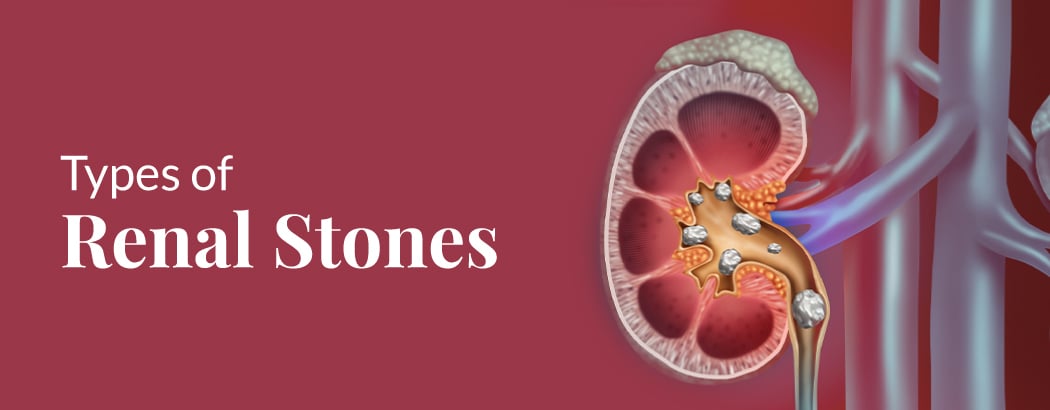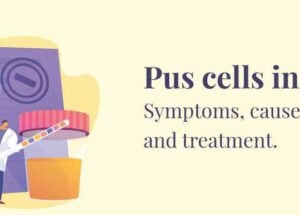Laparoscopic nephrectomy Information leaflet for patients
You have been advised to have a nephrectomy by your urologist. This leaflet explains about the procedure and what to expect from the operation. This information in this leaflet is meant to be a guide only. Your urologist’s advise will be more accurate if there are discrepancies.
What Is A Nephrectomy?
Humans have two kidneys, one at each side at the back of the abdomen. They filter the blood in your body to remove waste products, which are passed out of the body in your urine. Urine is carried by a tube (ureter), leading from each kidney to the bladder. When the bladder is full, urine passes out of your body through a tube called the urethra.

A simple nephrectomy involves removing the whole of one kidney. A radical nephrectomy is the removal of one kidney and the tissues around it. These may include the fat around the kidney, adrenal gland, which is attached to the kidney and some lymph nodes situated near the kidney. In some cases, the ureter is also removed (this would be called a nephroureterectomy).
Laparoscopic means the use of telescopic instruments to look inside the abdomen and gain access to the affected kidney. It is also known as key hole surgery.
Before the operation
- Your urologist will briefly review your history and medications, and will discuss the surgery again with you to confirm your consent.
- You will need to see an anesthetist who will discuss the general anesthetic procedure with you.
- Please tell the urologist if you have:
- an implanted foreign body (stent, joint replacement, pacemaker, heart valve, blood vessel graft);
- a regular prescription for a blood thinning agent (warfarin, aspirin, clopidogrel, rivaroxaban or dabigatran)
- You will usually come into hospital on the day of your operation
- We give a test dose of antibiotic before the operation.
- You will have nothing to eat or drink for about 6 hours before the operation
Details of the procedure
- We normally use a full general anesthetic and you will be asleep throughout the procedure
- we usually give you an injection of antibiotics before the procedure, after you have been checked for any allergies
- An urinary catheter may be placed in the bladder to drain urine
- You will be placed on your side
- The surgeon will make three to five small incisions (cuts) of about 0.5cm to 1 cm in length on the same side of the abdomen as the kidney to be removed. These incisions are called entry sites or ports and the laparoscopic instruments are inserted into the sites and are then used to cut out the kidney
- A small cut may be made in the lower part of the abdomen to remove the whole kidney
After the operation
- Patients usually stay in hospital for three to six days after a laparoscopic nephrectomy but no two patients are the same. This will depend on how well you progress following your operation.
- When you come out of theatre, you will be transferred to the recovery area before you are transferred back to your ward. You may still be very sleepy at first and will be given oxygen through a face mask.
- If you require close monitoring, you may be nursed in the High Dependency Unit (HDU) until you are ready to return to the main ward.
- The ward staff will give you painkillers to control any pain you may have.
- You will have a drip running into a vein to give you fluids until you are able to drink normally. You will gradually increase your fluid and food intake over the next few days and the drip will then be removed.
- You may have a small plastic drain tube, attached to a drainage bag. This is to drain any fluid which collects under your wound and is usually removed one to two days after the operation.
- You will have a catheter (tube into the urethra draining urine from the bladder), so that the amount of urine you pass can be measured. This will be removed when you are more mobile.
- You will be encouraged to breathe deeply after your operation and move your legs in bed. The nursing staff will help you to get out of bed on the first and second day after the operation and help you start walking soon after this. You are normally up and about independently about two to three days after surgery.
After discharge
Going back to work – This will depend on the type of job that you do and how you feel. You should get back to feeling like your normal self after about two and three weeks following this procedure but may need a longer period of time than this off work, until you are feeling completely well.
Driving – You should avoid driving for three weeks or until you are declared fit to drive by your urologist.
Exercise – Take gentle exercise about two to three weeks after your operation e.g. walking or swimming
Avoid lifting heavy weights for 3 months and any weights for 6 weeks following the operation
Fluids – Drink plenty of fluids and pass urine regularly to help keep your remaining kidney healthy.
What Are the Benefits?
Nephrectomy may be carried out because
- your kidney is damaged and not working adequately
- you have been suspected to have or diagnosed to have cancer in your kidney
- the kidney is damaged due to repeated infections
- the kidney is damaged due to injury
- the kidney is not working properly due to kidney stones
- in order to donate a kidney
The aim of the operation is to remove the kidney that is affecting your health. If cancer is present, the aim is to remove all the cancer, so that the extent of the disease can be assessed (staging) and will help the urologist doctors decide if you need further treatment.
Are There Any Risks Involved?
- Conversion to the standard open operation. There is a one in ten chance (10%) that we would have to convert to the standard open procedure to remove the kidney, if access to the kidney is difficult or if the operation is not progressing as planned. This open procedure involves making a larger cut in the upper abdomen between the lower ribs on the same side as the affected kidney. The recovery period and stay in hospital may be longer following an open procedure
- Pain – The Ward staff will give you painkillers to control any pain you may have
- Bleeding – A blood transfusion may be needed to replace blood lost during the operation. Very occasionally, there may be internal bleeding after the operation making further surgery necessary
- Injury to adjacent organs – like for example spleen requiring the spleen to be removed, injury to pancreas, liver etc.
- Bruising or infection in the wound – If your wound appears very reddened and/or has a discharge (pus), you may require some antibiotics
- Blood clots in the leg (deep vein thrombosis/DVT) – As you are not able to move around immediately after the operation, blood clots may form in your leg, which can occasionally lead to a clot in the lungs (pulmonary embolus/PE). Moving around as soon as possible after your operation can help to prevent this and you may be given special surgical stockings to wear, whilst you are in hospital and possibly injections to thin the blood. You may also be shown how to perform leg exercises, to help prevent blood clots occurring.
- Chest infection – this is due to the effects of the anesthetic and you may be taught deep breathing exercises by a physiotherapist, which you should do regularly after your operation, to help prevent a chest infection.
- Possible need for further treatment – If cancer is present in the kidney and the surgeon is unable to remove it completely, further treatment may be necessary.
- Renal dialysis (a procedure to remove waste products from the blood) – In most cases you will still have one kidney, which will continue to work. However, if you only had one kidney before the operation or if your remaining kidney is not working properly after the operation or becomes damaged you may need renal dialysis.
What Are the Alternatives?
In some cases, it may be possible to perform:
- A partial nephrectomy (only the affected part of the kidney is removed)
- An open nephrectomy (larger abdominal incision)
- embolization of the kidney (a treatment that cuts off the blood supply to the tumor). Your urologist will be able to tell you if any of these is suitable for you.
You may choose to do nothing, although if cancer is present, it is likely that this will progress and your health may deteriorate.
If there is a Problem
If you have a problem following discharge from hospital, please contact the urology OPD at 044 6666 7711 for a advice or the hospital emergency department at 044 6666 7788.








